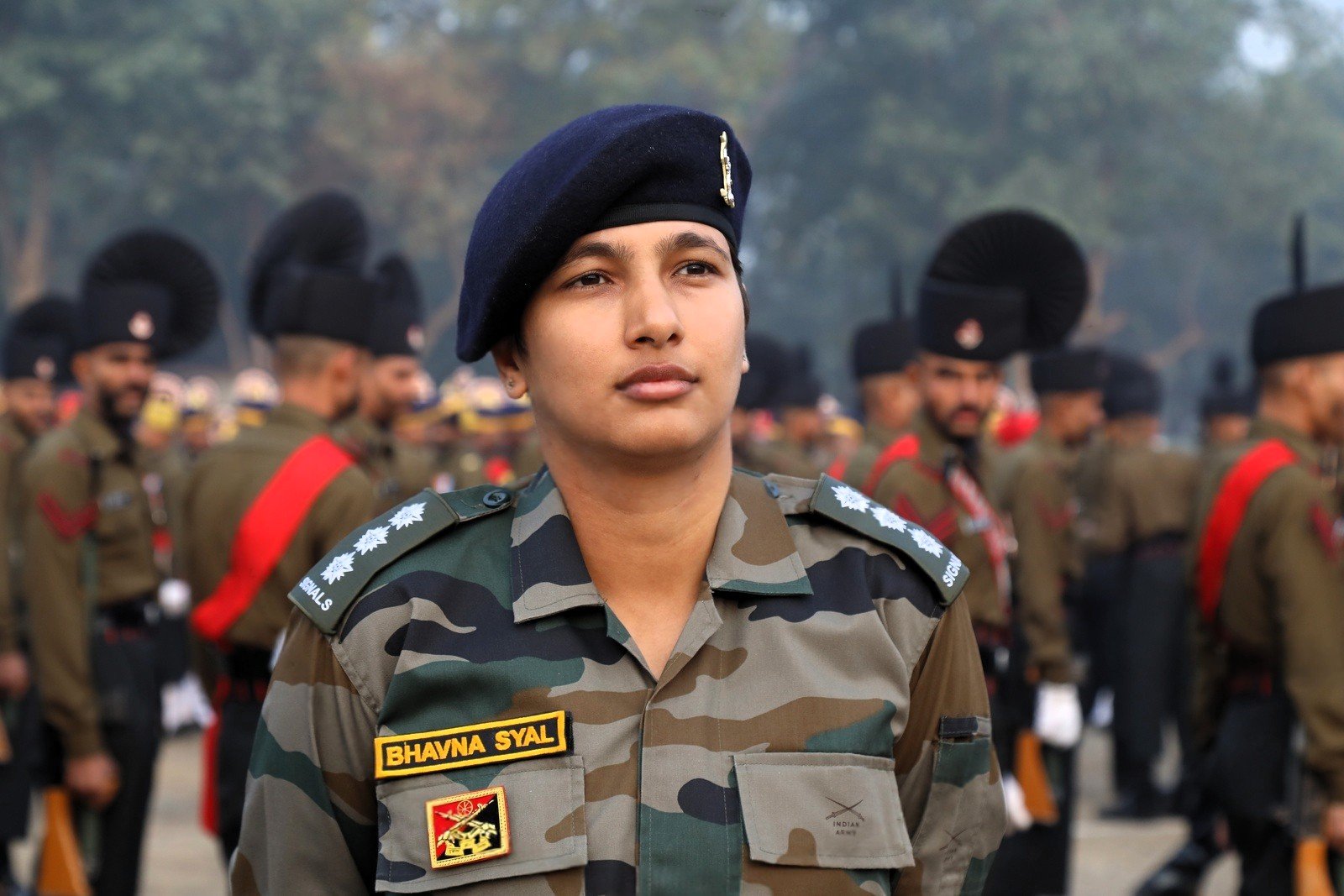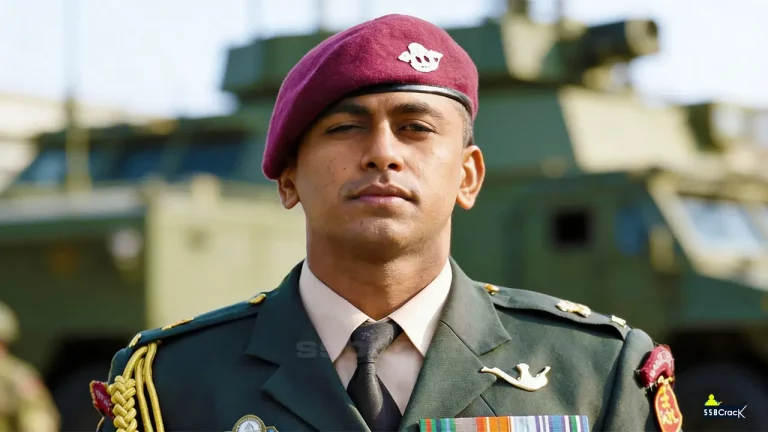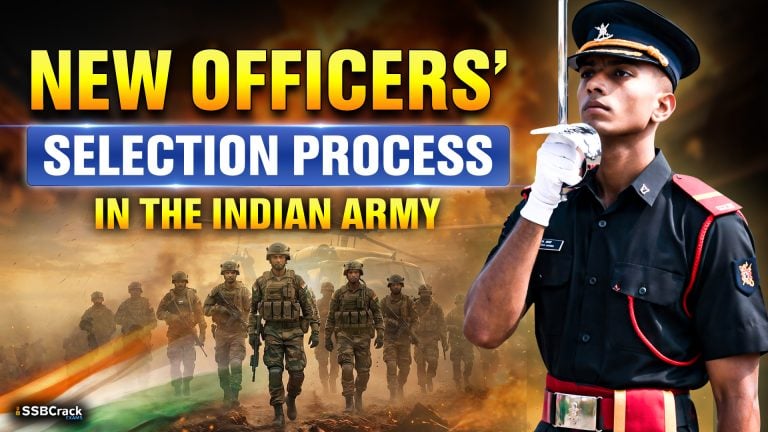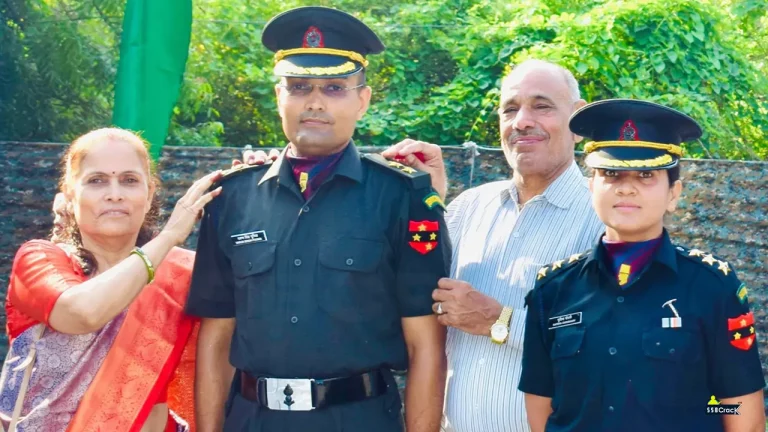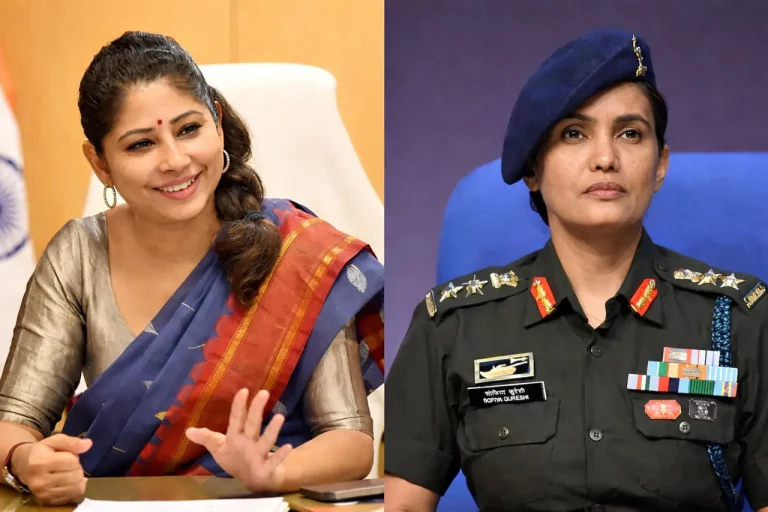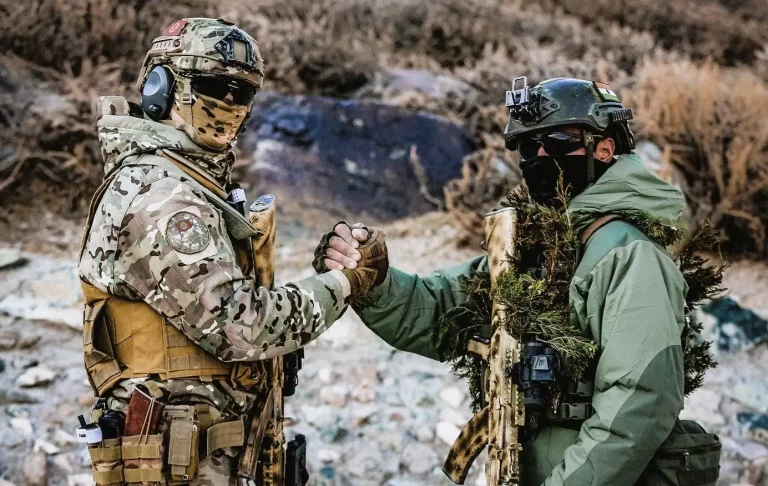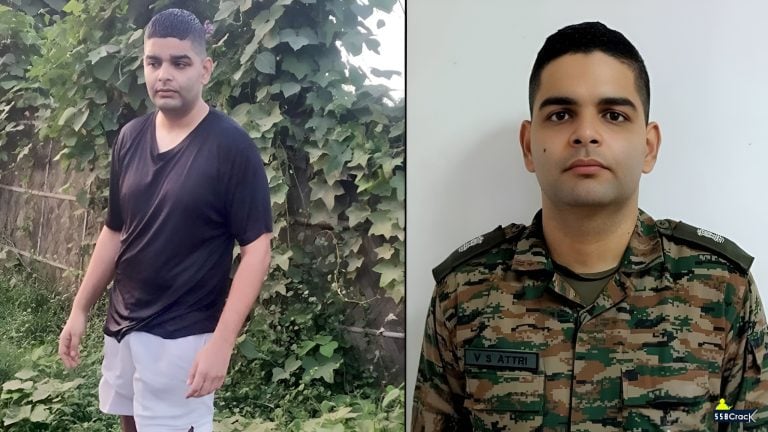In the Indian Army, the role of a Captain is fundamental, characterized by leadership, operational integrity, and a multitude of responsibilities. These officers command a company-sized unit, typically comprising 100 to 150 personnel, and their impact significantly affects both operational efficacy and troop morale.
Historically, the rank of Captain has evolved significantly from its origins during British colonial rule. Over time, it has adapted to meet contemporary military challenges, reflecting India’s shifting geopolitical landscape and the complexities of modern warfare. Today, Captains are recognized as the backbone of tactical operations, embodying the core values of the Indian Army.
Powers of a Captain
Captains wield substantial authority that affects both the unit’s operational capabilities and the welfare of its personnel. Their command authority includes:
- Issuing Orders: They direct Lieutenants and Non-Commissioned Officers, ensuring effective execution of operational strategies.
- Maintaining Discipline: Captains instill discipline, a critical factor influencing unit morale and efficiency.
- Operational Oversight: They manage the implementation of directives, ensuring understanding and execution across ranks.
In terms of disciplinary powers, Captains can enforce rules, reprimand minor infractions, and initiate proceedings for serious violations, escalating issues as necessary.
Decision-Making and Training Oversight
In combat scenarios, Captains exercise autonomy in tactical decision-making. They assess rapidly changing situations and coordinate with adjacent units to uphold effective operations. Training is also within their purview; Captains design training programs and ensure that their troops meet rigorous physical standards to maintain readiness.
Administrative control is another crucial responsibility. Captains manage personnel records, oversee resources and logistics, and address welfare concerns, acting as advocates for their soldiers.
Duties of an Indian Army Captain
While the power bestowed upon Captains reflects authority, their duties emphasize the responsibilities they bear towards both their soldiers and the mission at hand. Key aspects of their duties include:
- Leadership: Cultivating morale and camaraderie within the unit while ensuring a disciplined environment.
- Operations: Engaging in mission planning and execution oversight.
- Training and Readiness: Conducting readiness drills and skill enhancement sessions to ensure organizational effectiveness.
- Administration: Performing evaluations and managing disciplinary matters, which are vital for unit cohesion.
- Mentorship: Guiding junior officers and soldiers, serving as integral figures in their professional development.
Statistical Insights and Comparative Analysis
The significance of a Captain can be enhanced through statistical data reflecting both the challenges faced and their importance in commanding a unit. Research indicates a strong correlation between discipline enforcement and troop morale, with effective Captains often leading units that exhibit higher satisfaction levels.
Comparatively, the responsibilities of Indian Army Captains differ from those in other military forces. In Western armies, the emphasis often includes complex strategic education and a focus on joint operations, driven by the needs of combined arms operations. In contrast, Indian Army Captains prioritize immediate operational success and soldier welfare within a distinct geopolitical context.
Challenges and Solutions
Despite their significant authority, Captains encounter several challenges, including resource constraints, human resource management complexities, and the need to maintain troop morale amid dual pressures. Solutions such as enhanced training, mental health initiatives, and streamlined administrative processes could mitigate these challenges.
Future Trends
As the Indian Army continues to evolve, the role of the Captain is likely to expand, particularly regarding technology integration and joint operations. Increasing awareness of mental health may lead to a greater emphasis on soldier welfare initiatives.
The responsibilities of an Indian Army Captain are demanding, capturing both authority and mentorship roles within the military structure. Their influence extends beyond the battlefield, shaping the future of military leadership and soldier development. As the Indian Army looks toward the future, supporting Captains through advanced training and resource allocation will be critical to ensuring their continued effectiveness in their multifaceted roles. For those aspiring to military leadership, insights and resources are available to guide individuals along their career paths within this esteemed institution.
